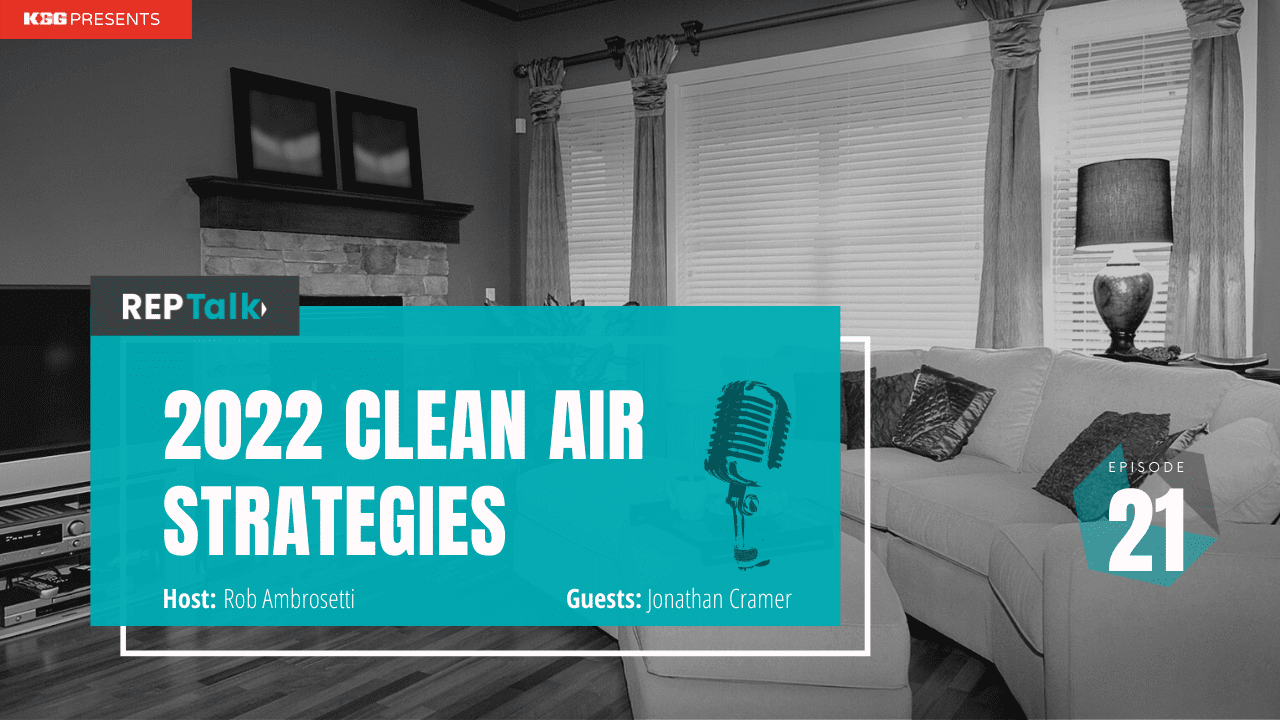It’s storytime! Time to share a cautionary tale with a (thankfully) happy ending. It’s about the importance of HVAC technician CO monitors. Similarly, it’s about the effects of improperly installing equipment in a home. We cannot stress enough just how important it is to at least carry a portable carbon monoxide detector on your work belt.
As well all know, exposure to trace amounts of this gas can be fatal. Knowing this, CO monitors are an essential piece of equipment for any HVAC technician. Specifically, they allow us to quickly and easily identify potentially deadly gas leaks. In this episode, we sit down with David Holt from the National Comfort Institute to share a great story. Learn how an HVAC technician accidentally saved the lives of an entire family.
Trade schools discount the “air” side of HVAC systems – HVAC system performance training mitigates this by teaching techs to look at the ENTIRE system, instead of just parts of it. Learn more in this episode with John Ellis ➡
Why Should HVAC Technicians Have Portable CO Monitors?
Portable carbon monoxide monitors are devices that measure the level of carbon monoxide present in the air. Carbon monoxide is a colorless, odorless gas that can be harmful to humans at high levels. HVAC technicians should have a portable carbon monoxide monitor when out in the field to ensure that the air they are working in is safe. The monitor will sound an alarm if the level of carbon monoxide reaches a certain level, indicating that the air is unsafe to breathe. By having a portable carbon monoxide monitor, HVAC technicians can ensure their safety and the safety of those around them.
The Importance of Properly Installing HVAC Equipment
One of the most important responsibilities of an HVAC technician is to ensure that equipment is properly installed. This is not only important for the function of the equipment, but also for the safety of those using it. If HVAC equipment is not installed properly, it can release carbon monoxide into the indoor space. Carbon monoxide is a colorless, odorless gas that can be deadly if inhaled in large quantities. Even small amounts can cause headaches, dizziness, and nausea. For this reason, it is essential that HVAC techs take the time to properly install the HVAC equipment. By doing so, they can help to prevent carbon monoxide poisoning and keep families safe.




